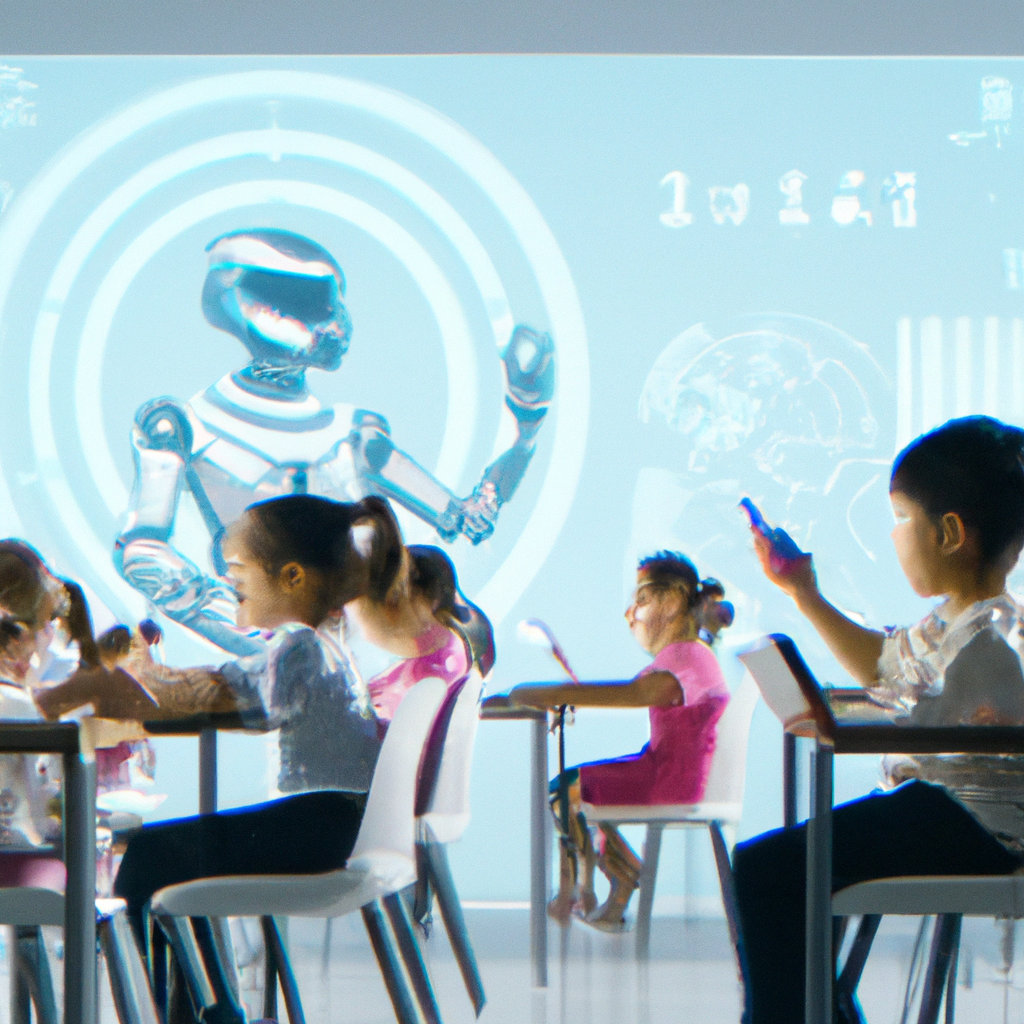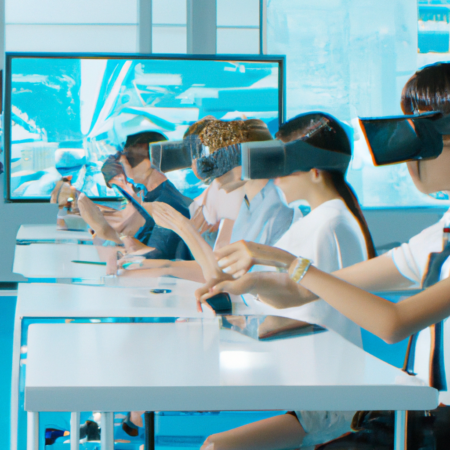Revolutionizing Learning: The Rise of AI in Education in 2025
As we venture deeper into the second quarter of 2025, the landscape of education continues to be dynamically transformed by the integration of artificial intelligence (AI). This transformation is not just about technological advancement but also about redefining the educational paradigms that shape future generations.
Personalized Learning Experiences
AI technologies have enabled personalized learning experiences at an unprecedented scale. Adaptive learning platforms utilize machine learning algorithms to analyze students’ learning habits, strengths, and weaknesses, tailoring educational content to meet the unique needs of each learner.
AI and Teacher Support
AI does not replace teachers but empowers them with tools to enhance their instructional capabilities. AI-driven analytics provide insights into student performance, helping educators identify areas where students struggle and succeed, fostering a more supportive learning environment.
Global Classroom Connectivity
In 2025, AI has broken down geographical barriers, connecting classrooms worldwide. Through AI-facilitated platforms, students from different parts of the world can collaborate, share ideas, and enhance their global awareness.
Challenges and Ethical Considerations
Despite its benefits, the integration of AI in education raises ethical questions and challenges. Issues such as data privacy, bias in AI algorithms, and the digital divide need to be addressed to ensure that AI serves as a tool for equitable education.
As we look to the future, the role of AI in education will continue to evolve, offering exciting possibilities and challenges alike. Embracing this change requires ongoing dialogue, innovation, and ethical consideration to ensure that learning remains a transformative experience for all.






